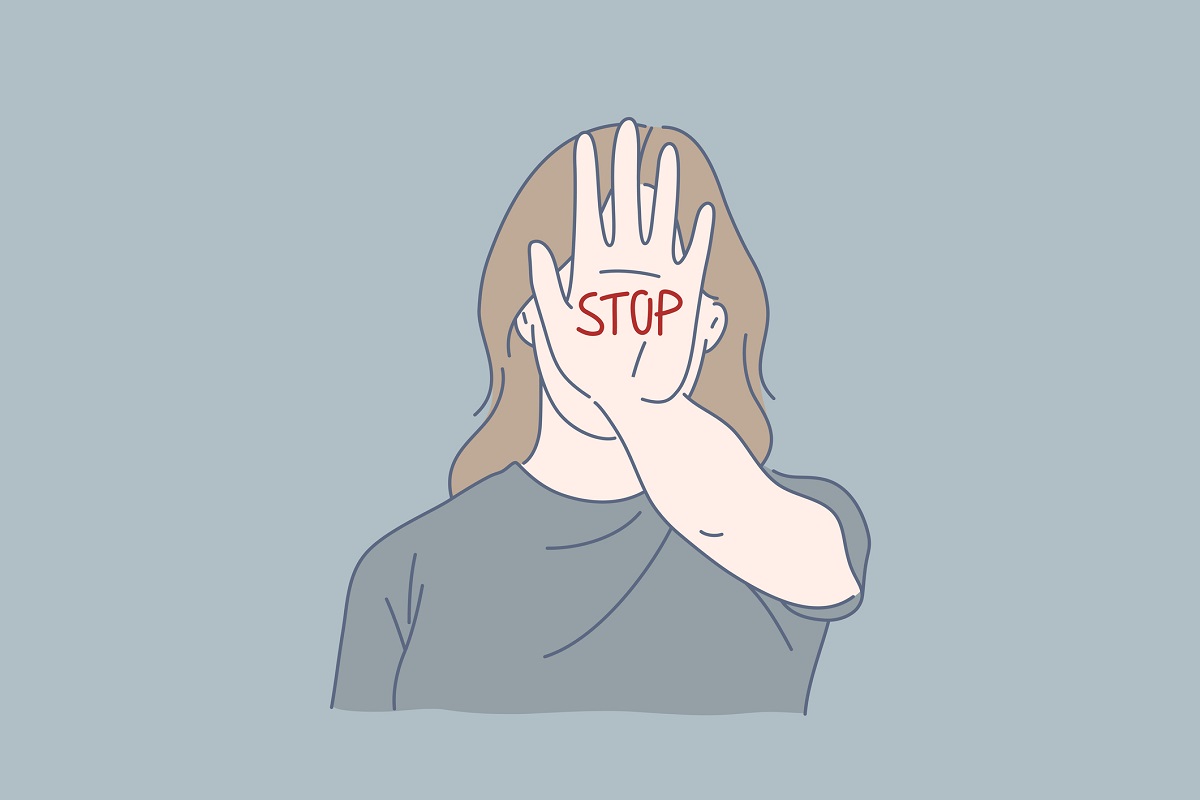Criminalising marital rape: SC to hear pleas next week
The CJI Chandrachud said as the bench would be busy this week in dealing with a batch of matters on taxation law so next week the marital rape matter would be taken up for hearing.
As per the International Men and Gender Equality Survey 2011, 1 in 5 men has forced his wife or partner to have sex.

(Representational Image: iStock)
There are roughly 6,500 languages that are spoken throughout the globe and the meaning of ‘No’ is precisely the same in each one of them. Despite the fact that the world is progressing each day towards modernisation there are some social prejudices that still dominate our social paradigm.
The whole social concept of marriage and relationship is beyond the motto to achieve sexual satisfaction from your partner. Marriage or any kind of relationship is not a hallmark of rape allowed by law. Irrespective of the fact that you’re married to your partner, your partner’s consent to have sexual intercourse matters, it’s high time that we as a society address this issue.
Advertisement
Recently, a batch of petitions seeking criminalisation of marital rape has been filled in the Delhi High Court. In response to it, the Union government has replied that it is considering a “constructive approach” towards criminalising it and had sought suggestions from various stakeholders. The petition seeks to amend the criminal law, which includes Section 375 (rape) of the Indian Penal Code (IPC).
Advertisement
The facts and figures that are being trended for the past few days about marital rape are scary. As per UN Population Fund, more than two-thirds of married women in India aged between 15 to 49, have been beaten or forced to provide sex, regardless of their socio-economic positions.
As per the International Men and Gender Equality Survey 2011, 1 in 5 men has forced his wife or partner to have sex.
More than 104 countries across the world have criminalised marital rape. The countries that haven’t are Afghanistan, Pakistan, Bangladesh, China, Myanmar, India, and many more.
India is a country of Geopolitical importance, a prominent candidate to become a member of UNSC, a great potential for the world economy, a successful example of living democracy, it doesn’t suit India to be in the list of supporters of a social issue like marital rape.
To understand the issue of marital rape in-depth, we should ponder upon the background and history of the issue. There’s no doubt that grounds for “marital immunity” for rape prosecution have emerged from the patriarchal discourse in society.
According to which, a husband cannot be guilty of a rape committed upon his lawful wife because she has given up herself in this kind to her husband by their mutual matrimonial consent and contract, which she cannot retract.
Under the impact of the second wave of feminism in the seventies, Australia became the first common law country to pass reforms in 1976 and after it, many Scandinavian and European countries made rape in marriage a criminal offence.
The legal provision regarding this issue is in our Indian Penal Code (IPC) which exempts marital rape as a criminal offence. Section 375 of IPC exempts forceful sexual intercourse by a man with his own wife from the offence of rape, provided the wife is above 15 years of age, this particular thing is also known as the “marital rape exception”.
What however is interesting to notice is our government’s stand on this issue, it believes that criminalising marital rape can threaten the institution of marriage. The government also makes sense when it says there is a growing misuse of Section 498A (harassment caused to a married woman by her husband and in-laws) of IPC and the Protection of Women from Domestic Violence Act, 2005. Criminalising marital rape could become an easy tool for harassing husbands.
Everything in this world has two sides and also many facets, nothing is just black or white, there are so many facts that are assoiated with them. The situation around marital law is the same. On one side this exception clause of IPC violates the women’s fundamental right to equality, freedom of speech and expression, and most of all the right to life and personal liberty on the other hand we have this fear of misuse of rights by women to harass their husbands, and also there is no gurantee that women who actually suffer this will take a stand for themselves and report against their own husbands.
We certainly cannot assure that there will not be any misuse of a law that would consider foreful sex after marriage as a crime. What we can assure is that our law will provide protection to those women who will gather all their confidene to report that their husbands have forced them to have sexual intercourse, and they want legal protection for themselves.
Advertisement